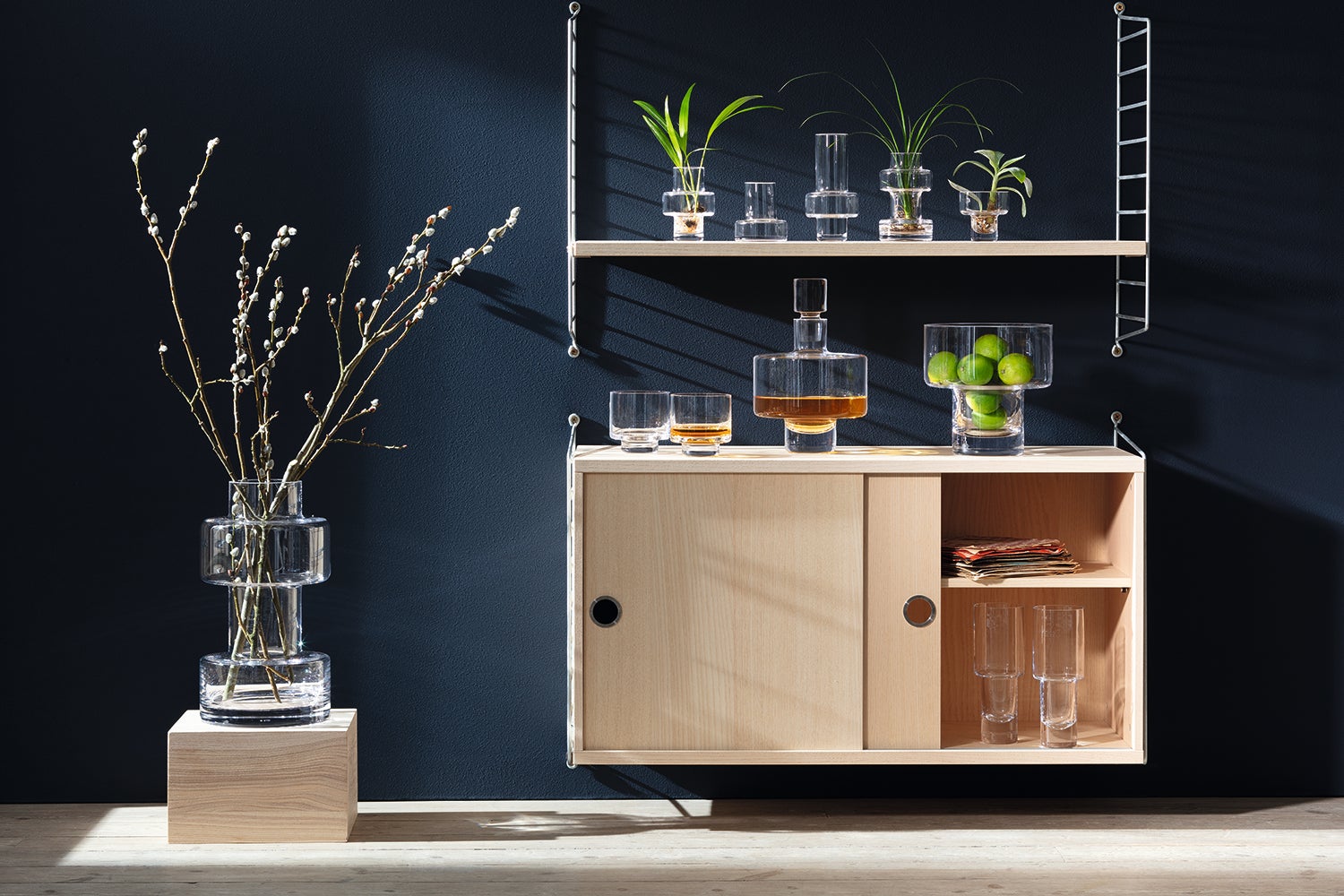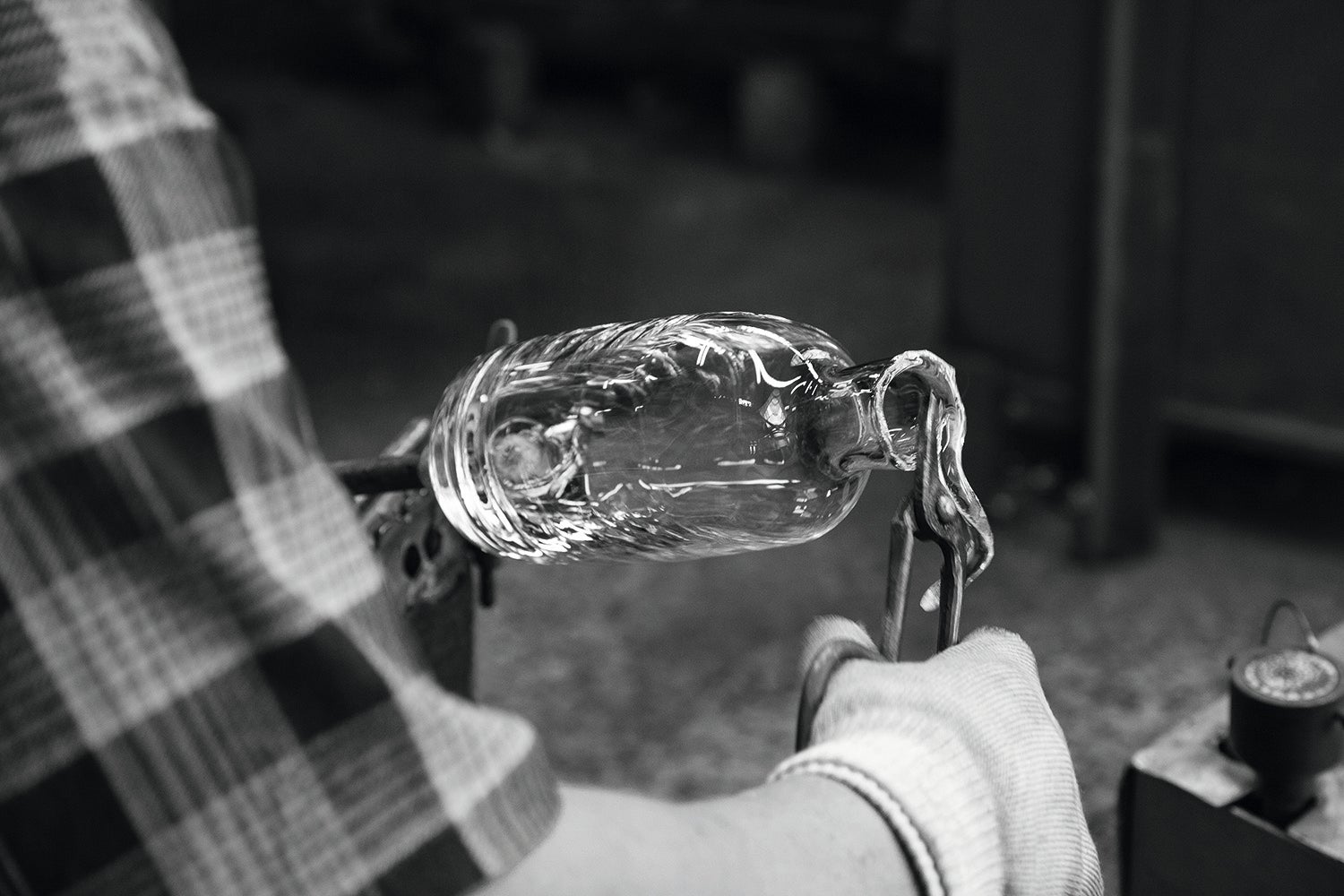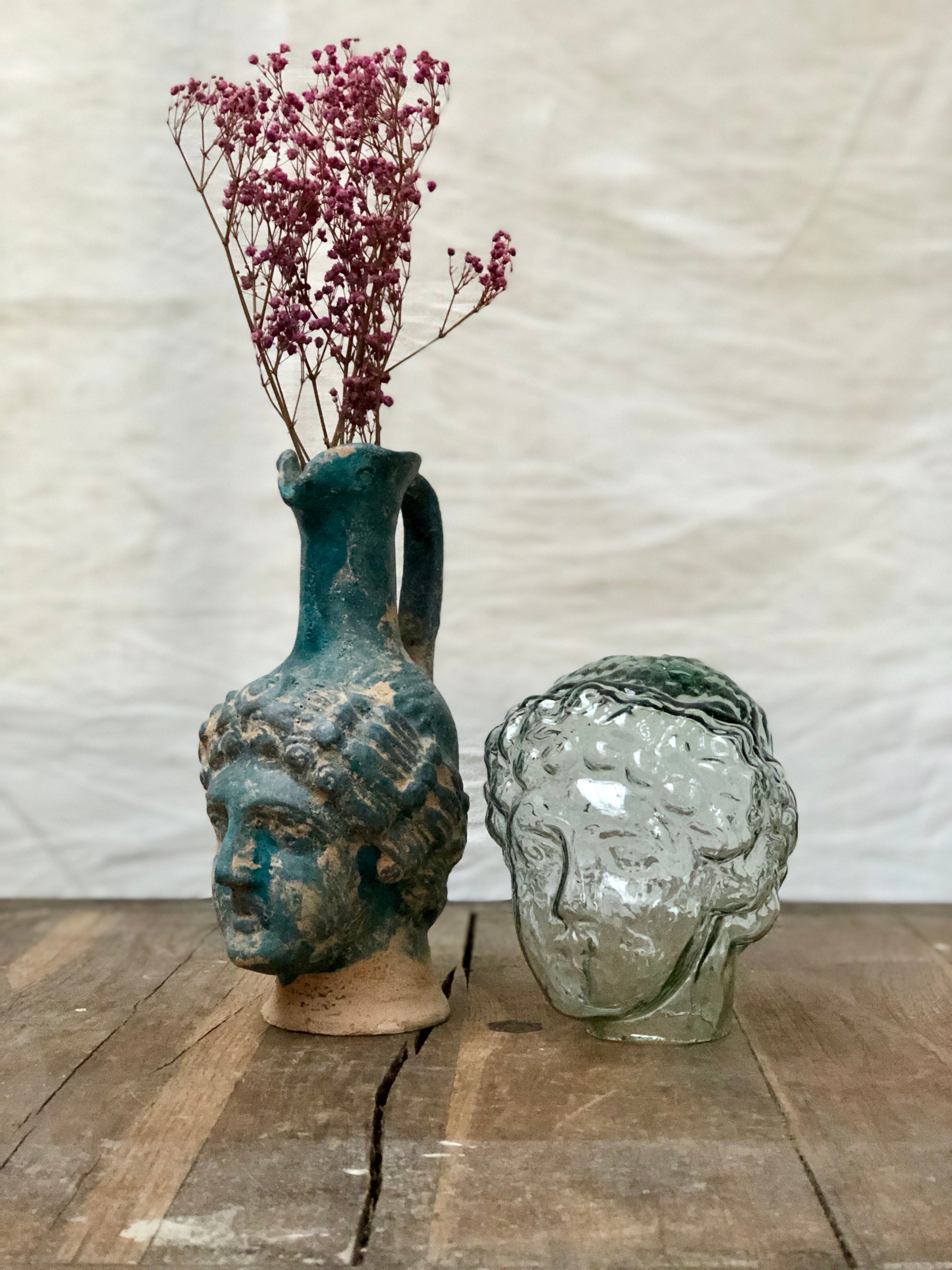‘An infinite lifecycle of practicality and beauty’: The guilt-free ubiquity of glass
Perhaps my growing collection of glass is one of very few possible guilt-free indulgences, writes Anya Cooklin-Lofting. Here are some tips to use glass around your home

Your support helps us to tell the story
From reproductive rights to climate change to Big Tech, The Independent is on the ground when the story is developing. Whether it's investigating the financials of Elon Musk's pro-Trump PAC or producing our latest documentary, 'The A Word', which shines a light on the American women fighting for reproductive rights, we know how important it is to parse out the facts from the messaging.
At such a critical moment in US history, we need reporters on the ground. Your donation allows us to keep sending journalists to speak to both sides of the story.
The Independent is trusted by Americans across the entire political spectrum. And unlike many other quality news outlets, we choose not to lock Americans out of our reporting and analysis with paywalls. We believe quality journalism should be available to everyone, paid for by those who can afford it.
Your support makes all the difference.It is only when you begin to train your eye on a sequence of numbers, a turn of phrase, or perhaps a material, that you begin to notice its ubiquity. Perhaps your eyes flicker of their own volition to the wall clock at 7.32 every 12 hours. Maybe your ears unwittingly prick up at the recital of a suddenly recurring idiom that you’d previously ignored. A few years ago, guests from New Zealand were overwhelmed by the masses of bricks used in London construction, compared to the presence of weatherboard at home. The bricks, they said, were sometimes all they could see despite themselves.
My steady descent into a glass-centric Baader-Meinhof complex began over Christmas, watching the clamped-down stillness of a solemn London street from my window. In fact, it began with windows; their unassuming prevalence, punctuating the brickwork and offering out little fairy-lit, festive vignettes of domestic scenes. Slowly, the instances of the material revealed themselves to me around the flat: vases, tumblers, saucepan lids, the glazing of framed prints and photographs, the collection of the prettier supermarket jars, too fetching to jettison. My bounty of the stuff was sufficient for a Google search into its eco-credentials. It turns out, not only is glass endlessly recyclable, but it has the chimerical capacity to maintain its quality throughout each iteration, an infinite lifecycle of practicality and beauty. Perhaps my growing collection of glass is one of very few possible guilt-free indulgences.

Some of the most prolific modern glassware manufacturers are taking great pains to ensure their products honour the ancient art, which dates back to Mesopotamian civilisation. Fast forward 6,000 years to the 1960s and the founding of LSA International. The London-based, family-run glassware studio has a rich cultural heritage in Eastern Europe and produces seasonal collections of handmade glassware each year with the intention of creating useful, relevant products of enduring quality and style.
Monika Lubkowska-Jonas, creative director at LSA International and daughter of company co-founder Janusz Lubkowski, advocates the traditional mouth-blowing techniques of glass manufacture, employing collaborative teams of glassblowers to create collections inspired by traditional Polish spirits and schools of architecture. She believes that the heritage of not only the company, but the industry, should be reflected in each product. The glassblowers train for years to perfect their craft to ensure each item in any one of its stockists, including John Lewis, Harrods, and Selfridges, is blown to perfection. “Thoughtful, considered and long-lasting are terms we associate with our products,” says Lubkowska-Jonas, adding that it is increasingly important to preserve the traditional skills associated with glass, as well as doing all we can to make use of glass as the ultimate sustainable material.

Another company that aims to celebrate the form, function and sustainability of glass is NUDE, a Turkish company founded in 2014 by the Sisecam Group, a glass recycling body and the world’s second-largest producer of glassware. Not dissimilarly to LSA International, NUDE prides itself on the mastery of the craftsmanship of its glassblowers, combining traditional manufacturing techniques with a modern outlook when it comes to style and sustainability. Its recent collaboration with Remy Savage, award-winning mixologist known for his experimental and aesthetic bracers, includes a selection of six classic cocktail classes, crafted in lead-free crystal, and designed collaboratively in Istanbul.
From Istanbul to Paris, France, the glassware company, La Soufflerie, offers a curated range of handblown glassware made exclusively from recycled glass. The non-profit company was founded in 2007 by husband and wife duo, Valentina and Sebastien Nobile, the latter of which is a self-taught glassblower and teacher at Les Beaux-Arts de Paris. All of the proceeds of each sale is given to the handful of professional glassblowers in Paris, a trade, which the couple acknowledge, is dying out in the region. Perhaps a more rustic alternative to some of the larger-scale producers, the offering has a distinctly informal, relaxed charm.
And today, I sit with a view through the window by my desk catching glimpses of people, pets, and ironing boards through a deep mosaic of panes beyond my own. A glass carafe, water tumbler, and a vase of foraged foliage sit next to me as I browse the web for my next entirely guilt-free glass purchase, wondering what each of these will become in their next reincarnation, certain that in my next life, I will buy them.
Join our commenting forum
Join thought-provoking conversations, follow other Independent readers and see their replies
Comments